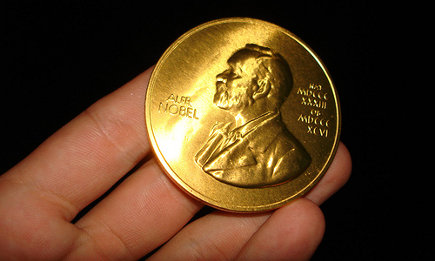Science at the center of diplomacy

In a column for CNN, the former Dutch Ambassador in China, and at the UN in New York, writes about the ever growing role of science in international relations. “It is now playing a major role in tackling key global challenges, from climate change to conflict resolution.”
Satellites helped disarming Syria
According to Van den Berg there is a rapid development in which the potential for scientific diplomacy will move “beyond state-to-state contact to a much broader array of actors. This is especially true of the science education community, including higher education and research.”
The case of Syria illustrates the growing role of science in “providing irrefutable evidence that [chemical weapons] were used in the first place.” Van den Berg says that technology to detect these chemicals with the help of satellites has helped in the diplomatic process of disarming Syria.
For the president of the TU Delft this importance gives ground to advocate for a form of ‘science immunity’ similar to the immunity of diplomats. “This would allow properly accredited researchers to circulate more freely, and without political interference, than is often the case due to restrictive work and travel visa regimes.
Quest for research breakthroughs
International partnership and funding have helped researchers in achieving major breakthroughs like the discovery of the Majorana particle in Delft. Figures show that academic research is becoming more and more international over the last year, says Van den Berg. “What this underlines is the growing diffusion of knowledge which could be a massive driver of global economic prosperity in coming decades.”
Dirk Jan van den Berg therefore argues for science being “increasingly at the center of diplomacy as an objective as well as an instrument. In practice, science can help diplomacy through the establishment of working relations and exchanges between states, and development of the growing global store of knowledge, with a continuous quest for research breakthroughs.”
You can read the full column of TU Delft president Dirk Jan van den Berg here
Meest Gelezen
Vrouwen houden universiteit draaiende, maar krijgen daarvoor geen waardering
Wederom intimidatie van journalisten door universiteit, nu in Delft
‘Burgerschapsonderwijs moet ook verplicht worden in hbo en wo’
Raad van State: laat taaltoets nog niet gelden voor hbo-opleidingen
Hbo-docent wil wel rolmodel zijn, maar niet eigen moreel kompas opdringen

